Nature reports
Publisher: IGB Berlin
Page 1 of 1 - 8 Results
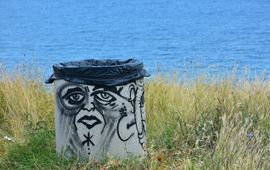
Tiny plastic particles also present a threat to creatures on land and may have damaging effects similar or even more problematic than in our oceans. Researchers warn: the impact of microplastics in soils, sediments and the..
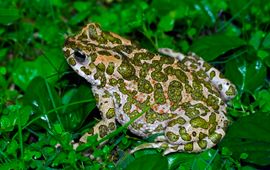
Most vertebrates have two sets of chromosomes, one from their mother and one from their father – including humans who are thus diploid. In contrast, polyploidy, meaning to possess three or more sets of chromosomes is very rare in..
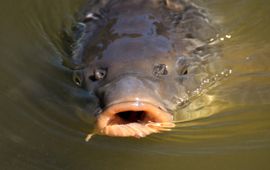
Researchers at the IGB research institute in Berlin have compiled movement data on carp behavior in a natural lake. Thirty-seven carp were located continuously in high resolution over several months with an ultrasonic acoustic..
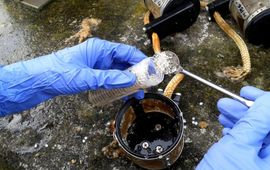
It is found in rivers, oceans, apparently untouched mountain lakes and the polar ice: no aquatic biotope is spared by microplastics...
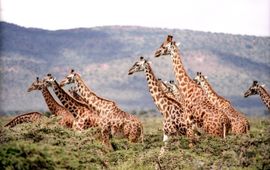
As with humans, most animals prefer to associate with some individuals and not with others. The social structure can influence how a population responds to changes in its environment. Examining social networks is a promising..
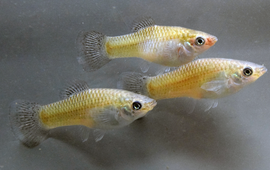
Genetically identical Amazon mollies raised individually and under identical environmental conditions, nevertheless develop different personality types. Additionally, increasing the opportunity for social interactions early in..
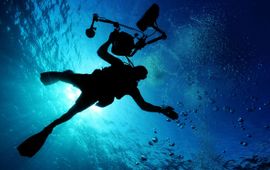
Animals living under the ground often escape the human eye. There is a rich fauna in caves, soils and in groundwater, which hardly anyone knows. Although cave fish are known from other continents, these were missing in Europe so..
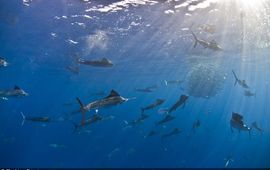
Sailfish are large oceanic predatory fish that attack their prey with their long, sharp bills. When hunting, individuals increase their success rate by specialising in one attacking side, as a team led by researcher Dr. Ralf..
